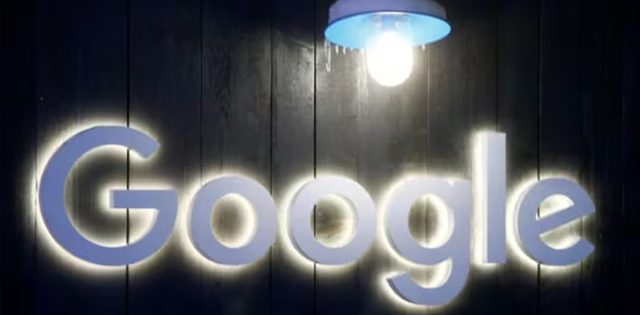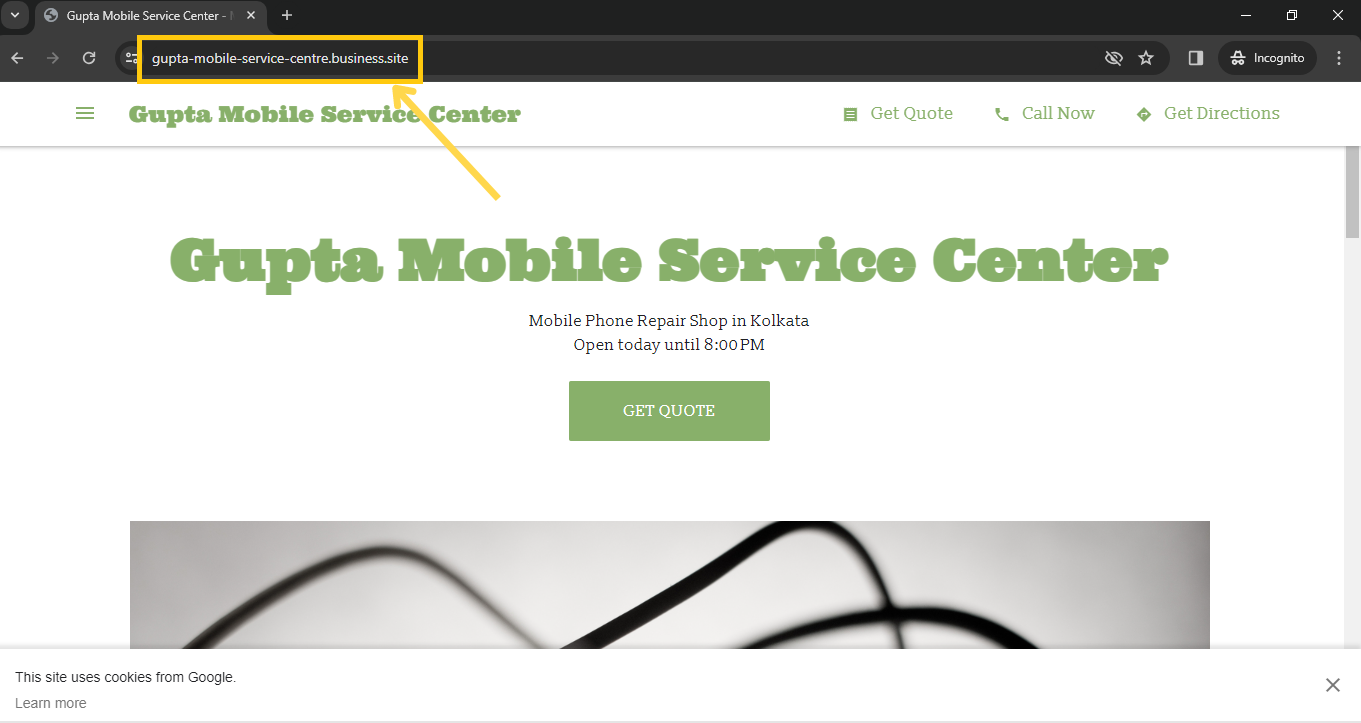
We know you have a great website, amazing content or services to offer you audience. But?? Are you getting most out of it? Are you even reaching and engaging your targeted audience or Search Engine? If these questions are able to ring a bell in your mind, then we are on a right track. You know you are missing on a crucial element to make your website visible to your targeted audience i.e., Dublin Core (DC) Tags.
DC Tags are metadata elements that can help you describe, organize, and discover your digital resources such as web pages, books, images, etc. DC Tags also helps you to boost your SEO and accessibility.
Dublin Core Tags can be easily identified by the prefix dc: before a property name, such as dc:title, dc:creator, dc:date, etc. These are added to the head section of a web page using the meta page using the meta or link tags. There are 15 core elements in the Dublin Core Schema. These schemas are important as they help you improve the accessibility, compatibility and preservation of resources.
They can also help users and search engines find and understand the content and context of resources.
|
Code |
Explanation |
|---|---|
|
`<link rel="schema.dc" href="https://purl.org/metadata/dublin_core">` |
Specifies the Dublin Core schema for the web page. |
|
`<meta name="dc.title" content="...">` |
Specifies the title of the web page. |
|
`<meta name="dc.creator" content="...">` |
Specifies the creator or author of the web page. |
|
`<meta name="dc.subject" content="...">` |
Specifies the subject or keywords of the web page. |
|
`<meta name="dc.description" content="...">` |
Specifies the summary or description of the web page. |
|
`<meta name="dc.publisher" content="...">` |
Specifies the publisher or organization responsible for the web page. |
|
`<meta name="dc.date" content="...">` |
Specifies the date of creation or publication of the web page. |
|
`<meta name="dc.type" content="...">` |
Specifies the type or genre of the web page, such as text, image, video, etc. |
|
`<meta name="dc.format" content="...">` |
Specifies the format or MIME type of the web page, such as text/html, image/jpeg, etc. |
|
`<meta name="dc.identifier" content="...">` |
Specifies the identifier or URL of the web page. |
|
`<meta name="dc.source" content="...">` |
Specifies the source or reference from which the web page is derived. |
|
`<meta name="dc.language" content="...">` |
Specifies the language or code of the web page, such as en, fr, etc. |
|
`<meta name="dc.relation" content="...">` |
Specifies the relation or link to other related web pages. |
|
`<meta name="dc.coverage" content="...">` |
Specifies the coverage or scope of the web page, such as spatial, temporal, etc. |
|
`<meta name="dc.rights" content="...">` |
Specifies the rights or license information of the web page. |

It's not every day that a company makes a leap in the SEO world, but when they do, it's a story worth telling. A bustling ....

Recently, Google announced that they are retiring their seven-year-old Web Light webpage transcoding service that....

Google is discontinuing its webpage transcoding service, which was used to speed up sites on sluggish mobile connections.....

Google is constantly innovating and developing new features and services for its users.....

There were three essentials of human life: food, clothing, and shelter, but with the developing world, now one more element has created its own space in the essentials list, i.e., the Internet. ....

Metaverse Technology—Ever heard of it? Yes? Hearing tech CEOs like Satya Nadela and Mark Zuckerberg talk about it ....

Speak with our SEO Company Experts
Give us a Ring, e-Mail, WhatsApp, or Skype.